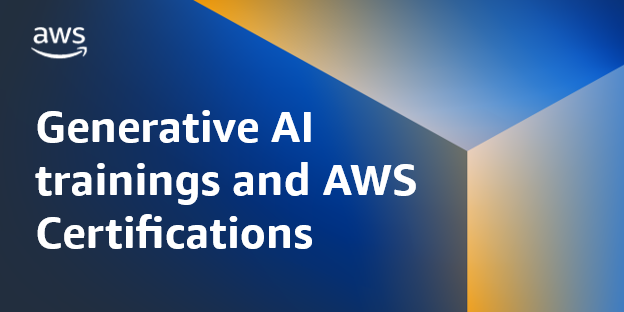
Latest
-
CloudWatch Application Signals: APM Without Third-Party Tools
3 days ago
-
OpenSearch Serverless: Search Without Cluster Management
4 days ago
-
EventBridge Pipes: Point-to-Point Event Streaming
5 days ago
-
Step Functions 2025: Distributed Map and HTTPS Endpoints
6 days ago
-
Model Distillation on Bedrock: Shrink AI Costs by 500 Percent
7 days ago
-
AWS Bedrock Marketplace: One-Stop Shop for Foundation Models
8 days ago












